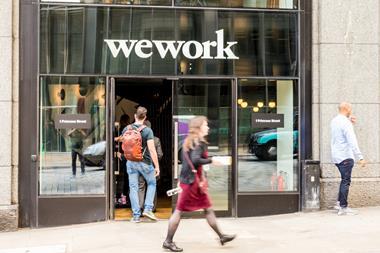Service charges have the potential to become a fairly contentious issue between landlords and tenants. Indeed, an intermediate landlord recently faced litigation over the reasonableness of the amounts claimed.

The service charge code of practice promotes openness, transparency, fairness, accuracy and value for money, to reduce the potential for conflict. The service charge mechanism should not be for profit, nor for loss, and an intermediate landlord should certainly not stand to gain from the contractual arrangement between themselves and their tenants.
A lease will stipulate the landlord’s service charge obligations and method of calculating tenants’ contributions. It will also usually state that the landlord, or intermediate landlord, will need to act reasonably in providing services. Should disputes arise, the interpretation of acting reasonably will play a major part in deciding the outcome, in conjunction with other factors, such as case law.
The recent case of Balkhi v Southern Land Securities Ltd shows the importance of reasonableness in the service charge process. It highlighted that it is insufficient for an intermediate landlord to state that they have paid a sum to the freeholder, and it is reasonable for them to recover the amount from their tenants.
Avoidance of doubt
It should not be taken for granted that the provisions in the head lease will necessarily be mirrored in sub-leases, such that service charge obligations can be simply transferred by an intermediate landlord. On that basis, it should be seen as good practice for intermediate landlords to get an expert to check the terms to ensure that the sub-lease reflects the head lease.
For avoidance of doubt should a dispute arise, it is advisable that appropriate works and costs be verified by a qualified building surveyor - preferably one who is independent and an expert in the area.
Acting reasonably also applies to the timeframe within which works are carried out, and landlords should certainly not be charging for additional costs caused by their delay in carrying out required service charge works.

All landlords should have a planned maintenance report prepared in the interests of good estate management and transparency.
Both landlords and intermediate landlords need to work on the assumption that their service charge proposals will be scrutinised by tenants and their advisors. It is therefore prudent to have the appropriate checks and balances in place to justify the chosen works and their costs. If in doubt, a landlord should seek advice from an expert who can provide guidance on what will and won’t be considered as acting reasonably in a specific circumstance.
Julian Bisson is a partner at Malcolm Hollis LLP






























1 Readers' comment